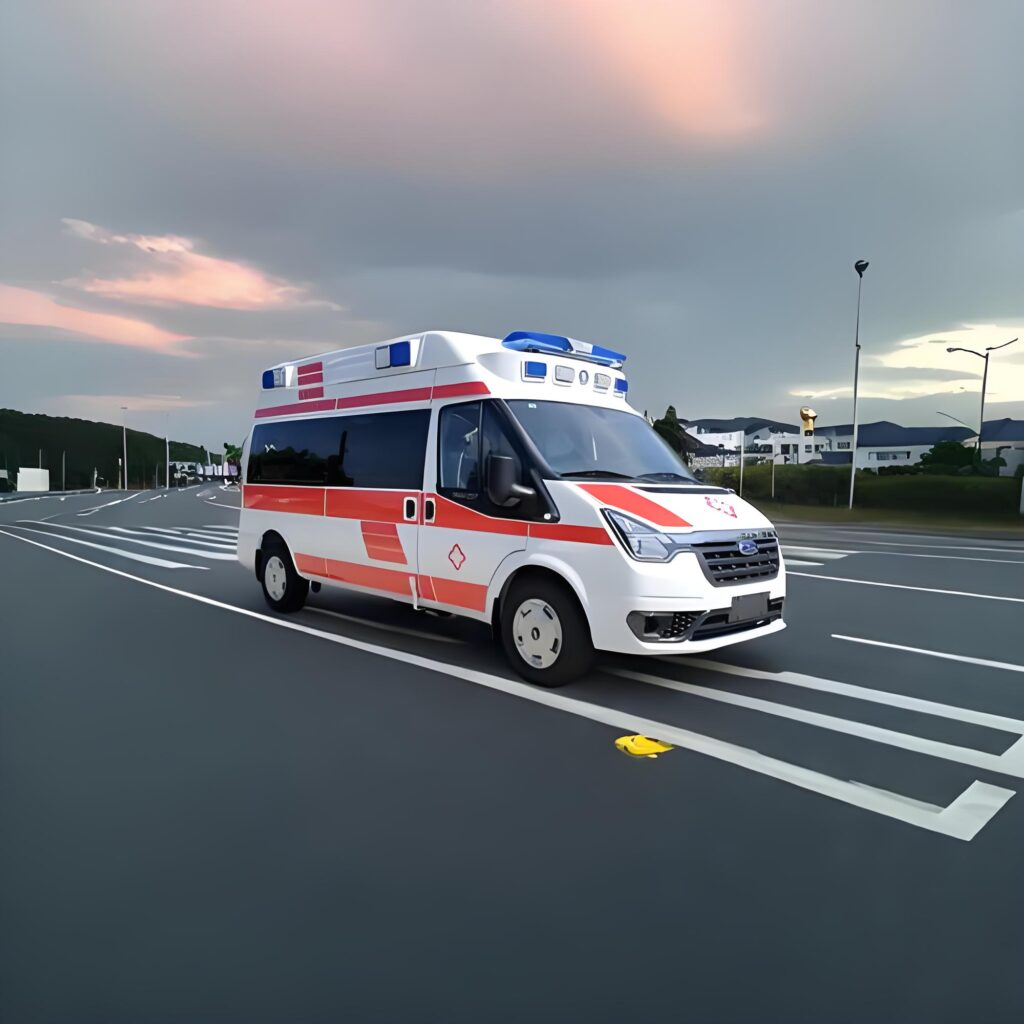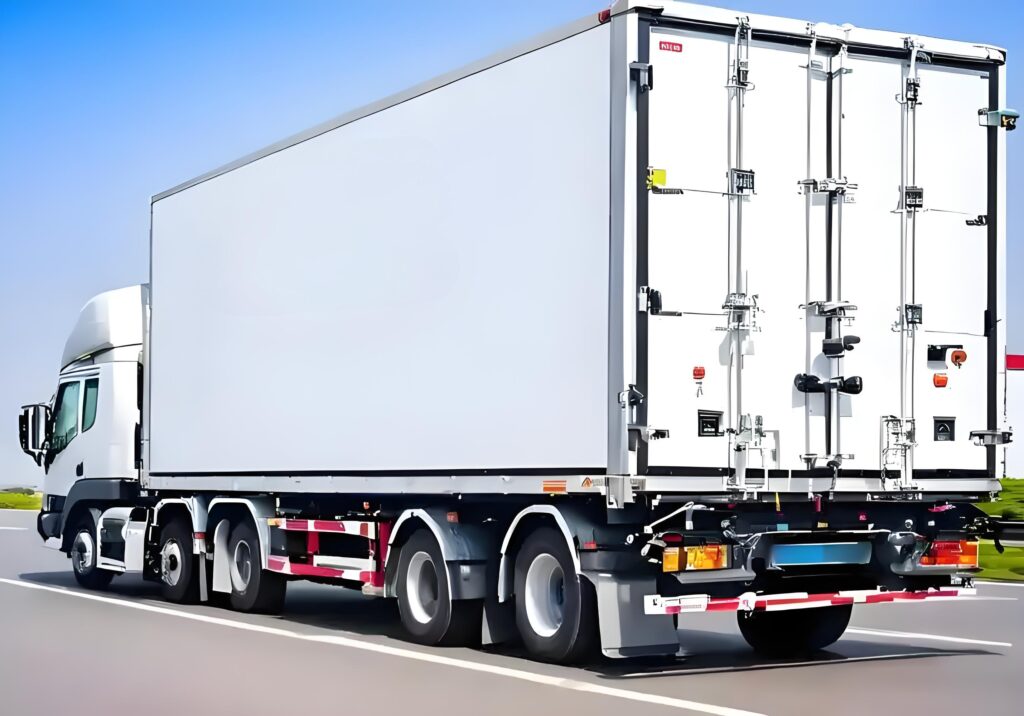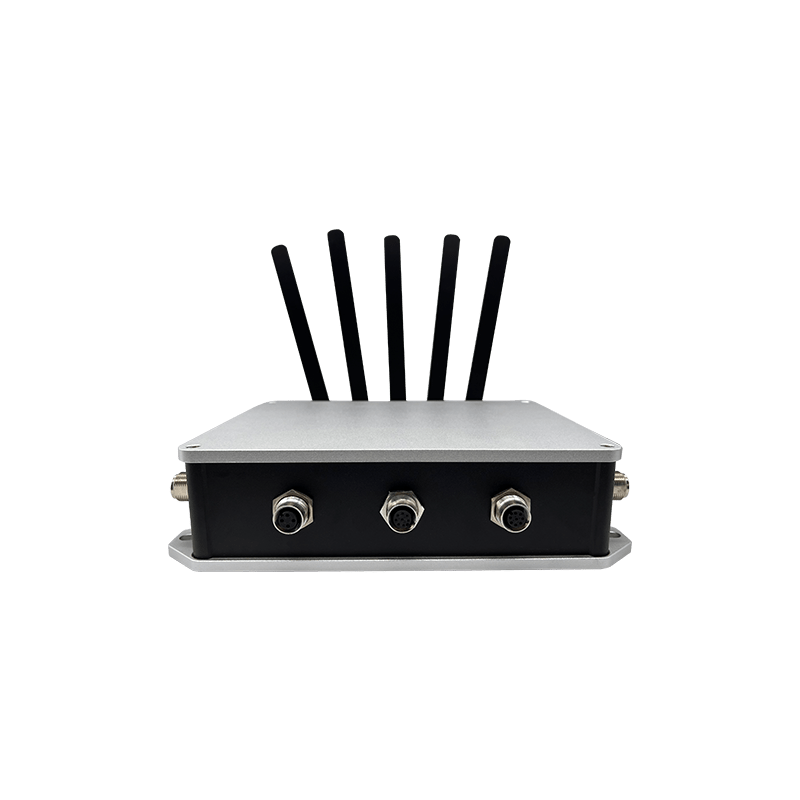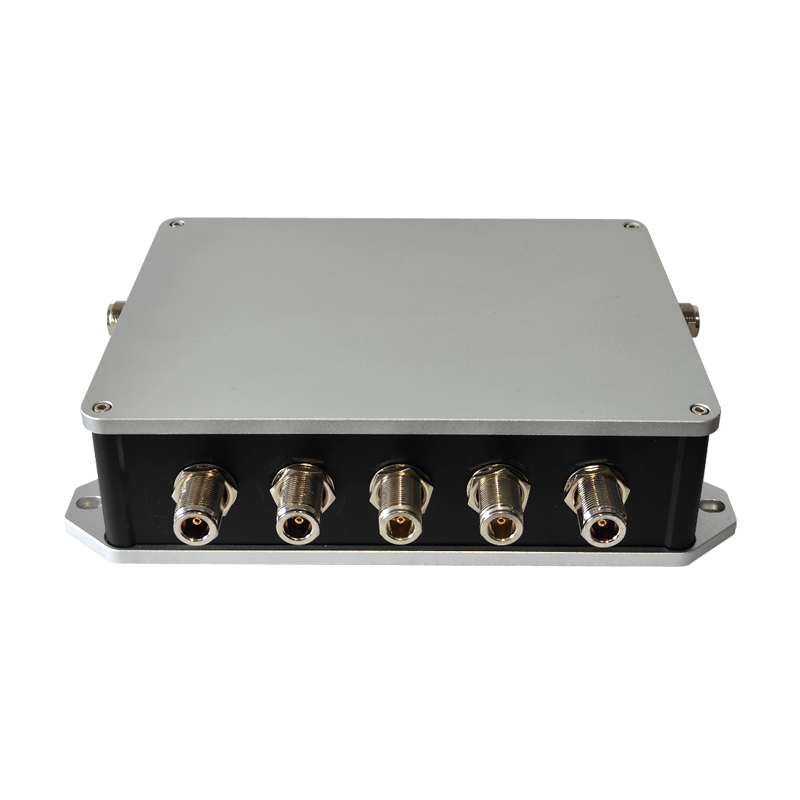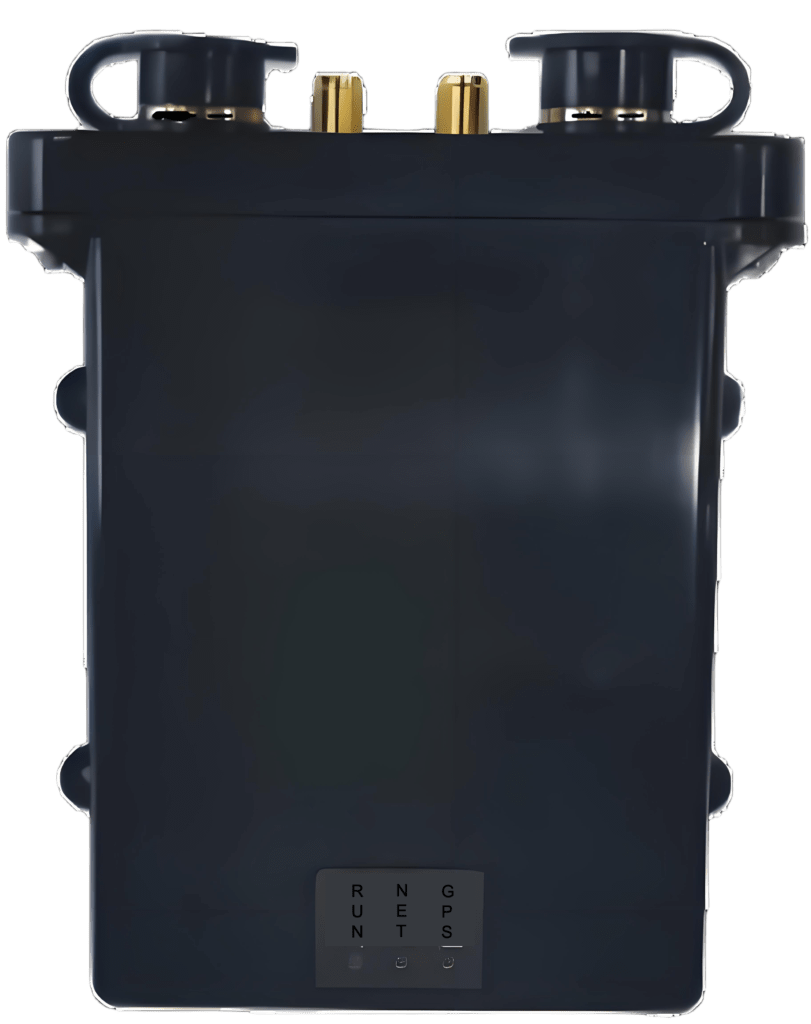
Empowering smart ports with real-time 5G connectivity and intelligent vehicle gateways for safer, faster, and more efficient logistics operations.
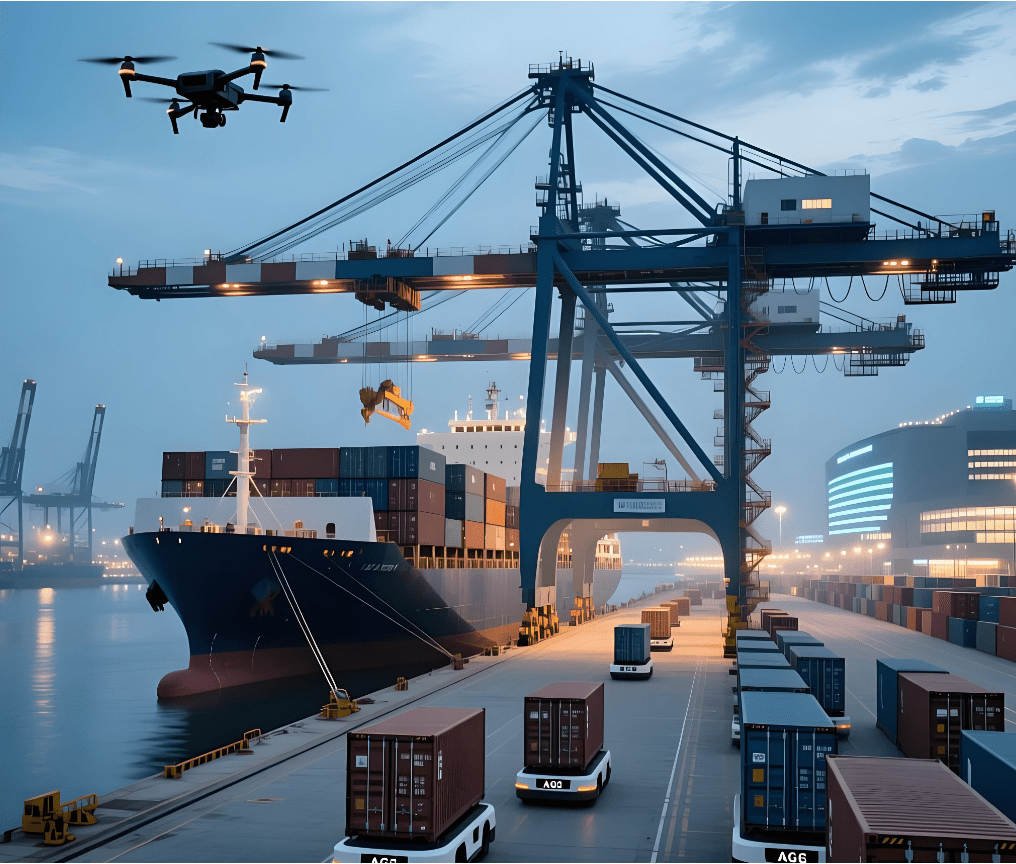
Antecedentes
As global ports accelerate toward digital and automated operations, vehicles such as container trucks, reach stackers, and AGVs are transitioning from manual control to intelligent, connected, and autonomous systems. Port operations now demand real-time connectivity, centimeter-level positioning, and intelligent data analytics to ensure efficiency, safety, and sustainability.
The 5G vehicle gateway serves as the intelligent edge brain of port vehicles, integrating ultra-low-latency 5G communication, Beidou/GPS RTK precision positioning, edge computing, and AI analytics. It enables real-time awareness, intelligent dispatching, and proactive safety management—forming a critical foundation of the smart port ecosystem.
Desafíos
Low Positioning Accuracy
Conventional GPS has meter-level errors, insufficient for precise lane-level routing and automated guidance.
Reactive Maintenance
Lack of continuous monitoring and predictive insights leads to unplanned downtime and costly repairs.
Manual Dispatch Inefficiency
Without real-time visibility into vehicle locations and status, scheduling delays and resource conflicts occur frequently.
Unstable Communication
Metal structures and container stacks cause signal interference; 4G/Wi-Fi networks suffer latency and packet loss, hindering real-time dispatching and remote control.
Safety and Compliance Risks
Dense, dynamic port environments require constant monitoring and early warnings to prevent collisions and ensure regulatory compliance.
Solución de pasarela de vehículos 5G para puertos inteligentes
(1) System Architecture
The solution takes 5G vehicle gateways as the core and combines high-precision positioning, edge computing and cloud collaboration platforms to build a smart port Internet of Vehicles system:
- Vehicle Layer
Equipped with an IP67 5G vehicle gateway, it integrates a Beidou and GPS RTK module (centimeter-level positioning), CAN bus interface, and AI edge analysis module
- Connectivity Layer:
Adopting a 5G private network/public-private network hybrid architecture, it achieves low latency and high bandwidth data transmission
Supports 4G/LoRa as a backup communication link
Direct communication between vehicles and infrastructure can be achieved
- Platform Layer (Cloud & Platform Layer)
Real-time monitoring of vehicle location, status and task execution
Support AI scheduling algorithms, path optimization, trend analysis and early warning
Provide API interfaces for integration with the port TOS (Terminal Operating System) and YMS (Yard Management System)
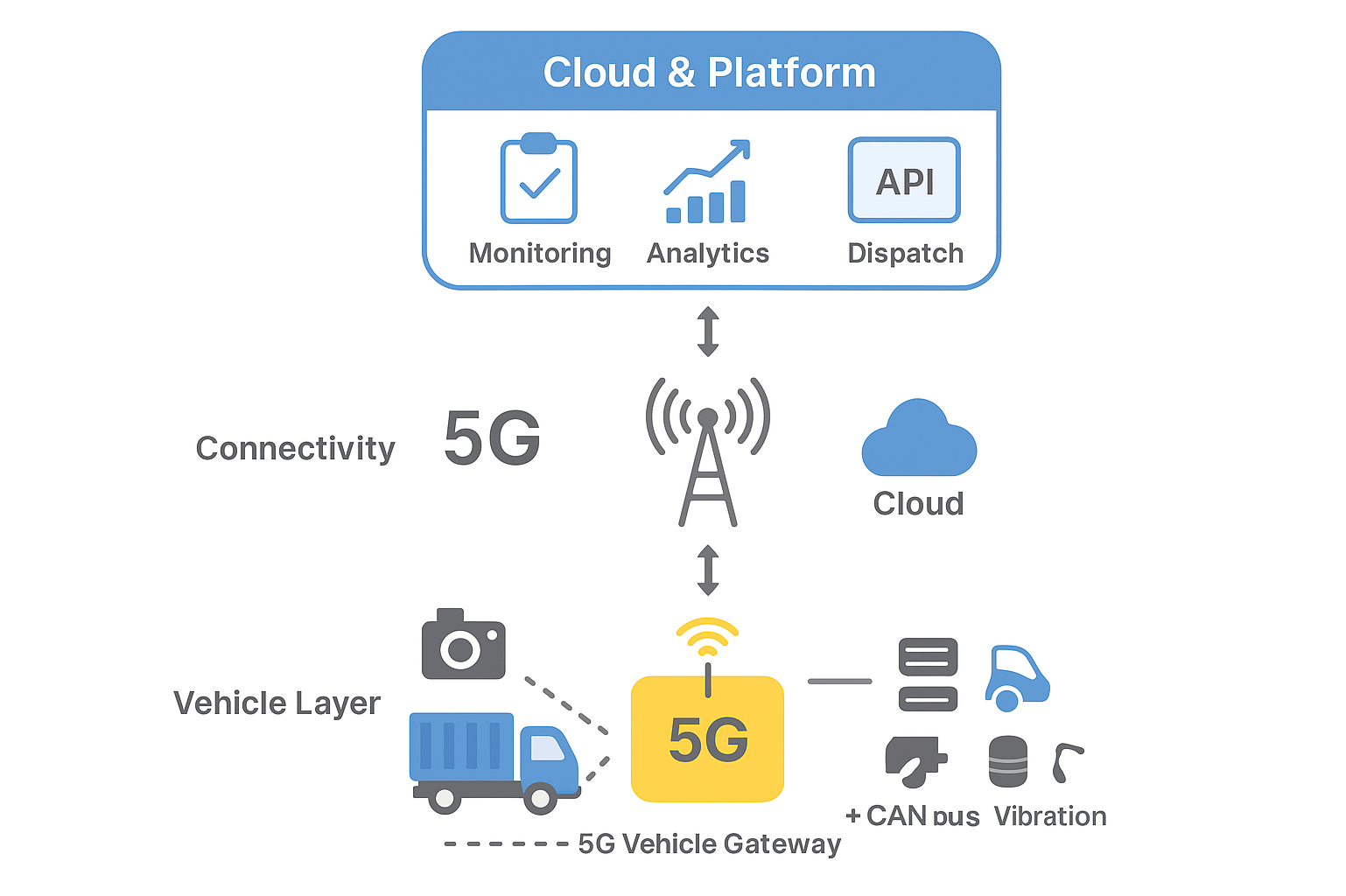
(2) Core Capabilities
- Centimeter-level positioning and path management
It utilizes Beidou or GPS +RTK technology to achieve centimeter-level vehicle positioning, supporting geofention, path planning and collision warning.
- Intelligent scheduling and task management
Real-time summary of vehicle status data (location, fuel consumption, load, task progress), and AI algorithms automatically allocate tasks and optimize routes.
- Remote monitoring and early warning
Real-time monitoring of vehicle operation status, detection of abnormal tilting, overspeed, vibration or boundary-crossing behavior, and automatic triggering of alarms.
- Predictive maintenance and energy consumption management
Data on the engine, tires, brakes, etc. are collected through CAN bus and sensors. AI analyzes the health trends of the equipment and arranges maintenance in advance.
- Video and AI Visual analysis
Supports camera connection and local AI recognition, such as cargo loading and unloading confirmation, operation safety detection, and personnel violation identification.
Benefits of 5G Vehicle Gateway Solution for Smart Ports
Eficiencia operativa
Real-time visibility and AI-driven dispatch reduce idle time and increase terminal throughput by 5–15%.
Safety Enhancement
Collision warnings, geo-fencing, and driver behavior analytics reduce accidents and improve safety compliance.
Reducción de costes
Predictive maintenance lowers downtime and repair costs; optimized routing reduces fuel consumption.
Sostenibilidad
Enables carbon footprint tracking and energy efficiency analysis for green port initiatives.
Data-driven Insight
Builds a time-series data foundation for digital twin and intelligent port management.
Compliance & Traceability
Ensures audit-ready records for regulatory and operational transparency.

